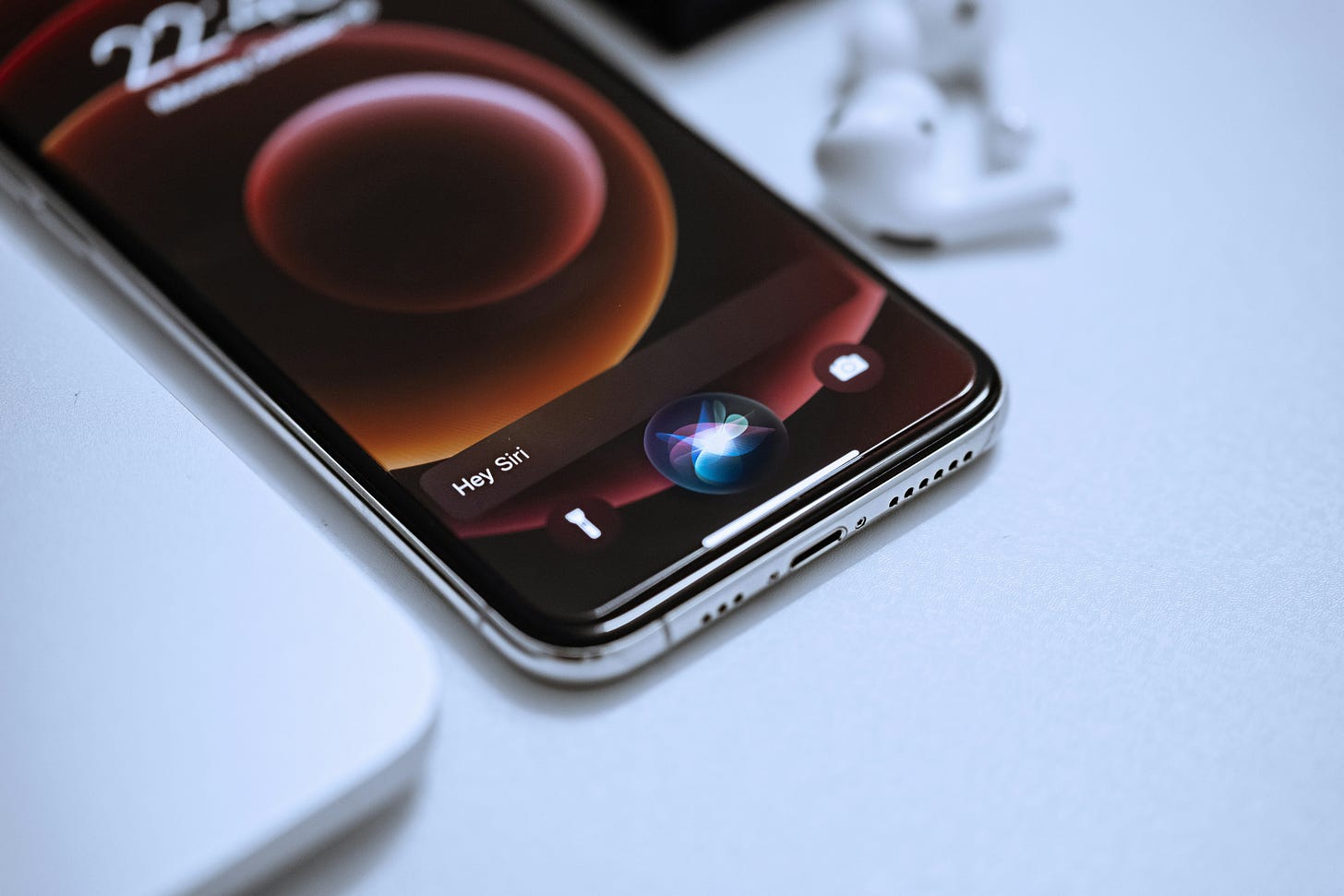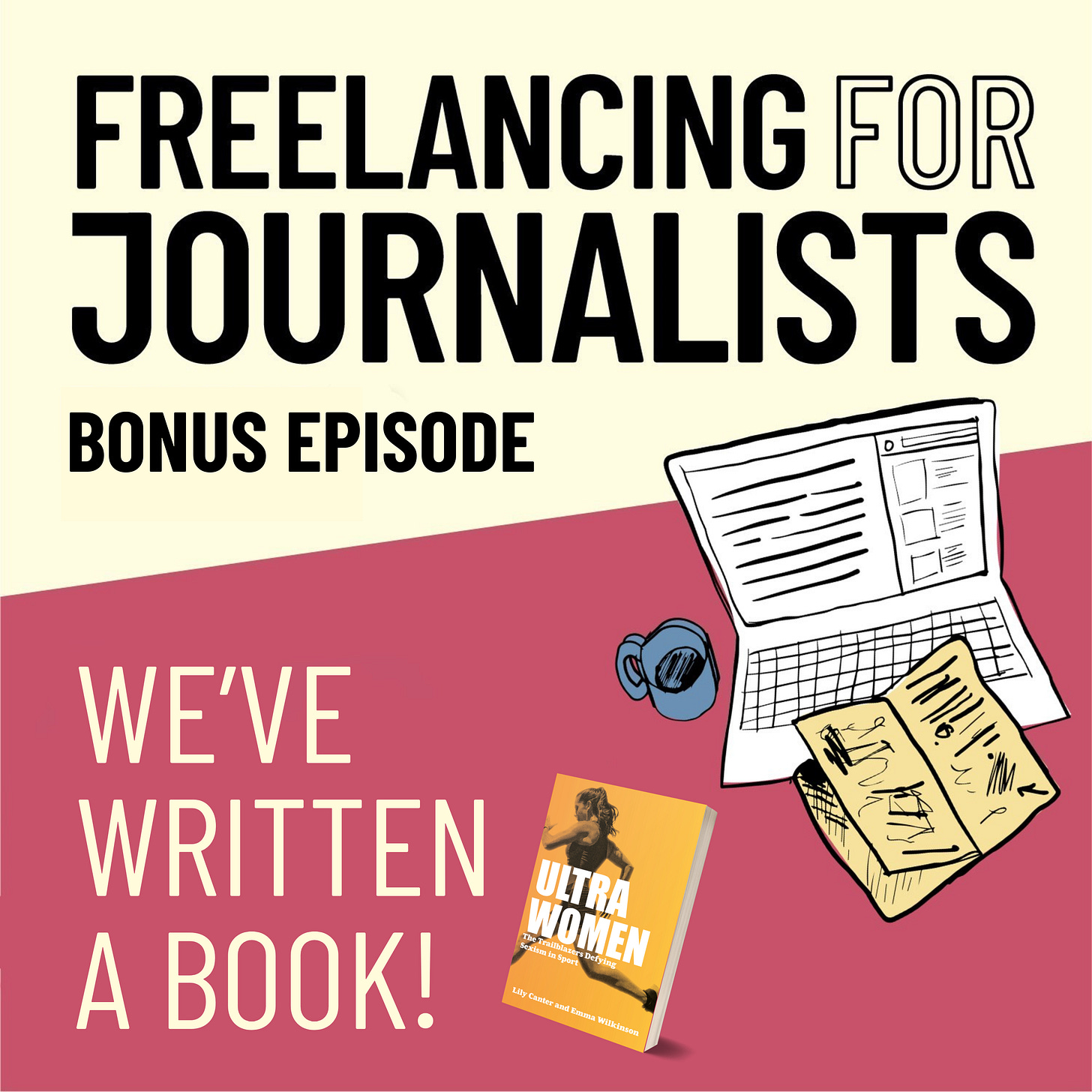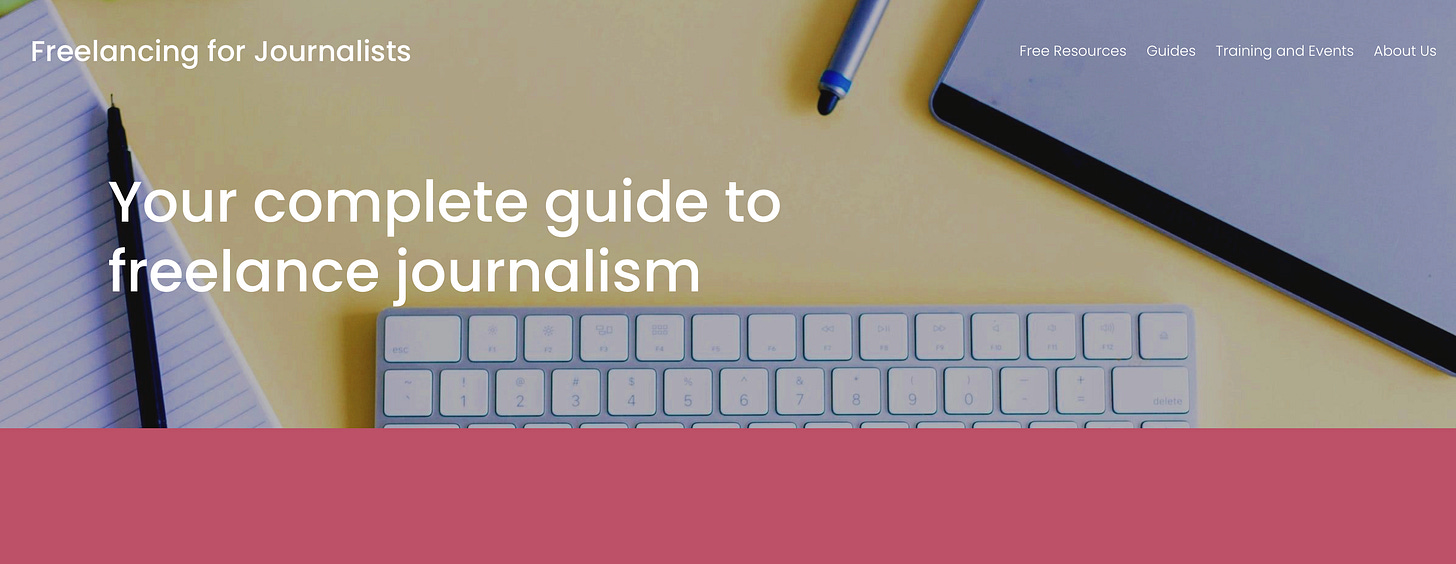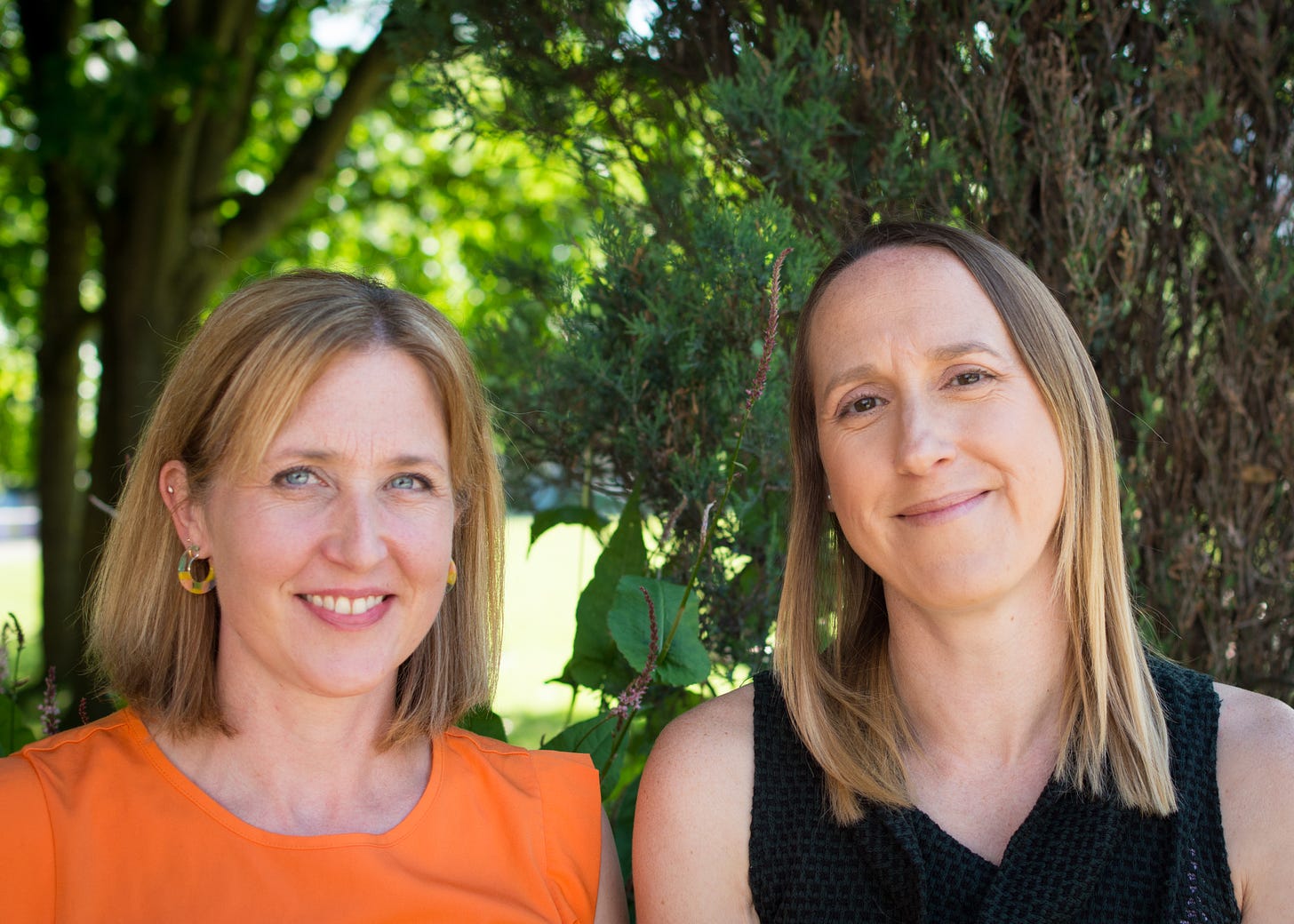Discover how Synapse can help you find stories and build meaningful relationships with PRs.
I have been pondering my smartphone use a lot recently. Partly because it is a very hot topic among parents at my children’s schools. But I have also been a bit concerned about my ability to concentrate on a task. Has my smartphone use broken me? Or is the flitting of my brain from one thing to the next down to the overwhelm of the sheer number of tasks on my to-do list?
Recently I took Twitter off my phone. I barely use it anymore, so it seemed easier to post from my desktop on the rare occasions I need to. I don’t have TikTok. But who needs those distractions when there are a million WhatsApp notifications and don’t get me started on all the separate apps I have for my children’s school and sports clubs.
And therein lies the problem. Everything happens on our phones. It’s how we pay for things, how we organise our life, navigate our way around, listen to podcasts and yes keep up with the news.
The first thing I do when I wake up in a morning is check some news sites along with my Bluesky and Instagram feeds. I don’t think I can ever quit this habit mainly because I don’t want to. I am a journalist and I not only need to know what is happening in the world, I am also genuinely interested. I read widely and I also believe this makes me better at my job.
As a freelance journalist, home and work life can get blurred and the constant juggle can be fairly intense. I can be found checking my emails, social media, etc, at all hours of the day or while trying to fit in other parts of my life.
Last week I was interested to read this piece from Sally Howard on LinkedIn on whether journalists can ever break up with their smartphones. Surely they’re just too integral to our work? Also if we were honest with ourselves, we probably enjoy the dopamine hit we get every time we see an intriguing headline or our work is being shared widely. We’re also social creatures as the constant chatter in journalism Facebook groups can attest to.
Sally noted: “They are an essential tool of the trade, but they rot our attention spans and rewire our brain chemistry.”
But she continues: “Let's be honest, WhatsApp calls, Otter.ai apps, our audio and photo feeds are inexorably woven into our daily work processes as journalists in 2025.”
Her piece also questions whether there are steps we can take to reduce our reliance and spend less time scrolling or even work with our phone in another room at points when we need to concentrate. It is something she has started to experiment with.

The first time I worried that my smartphone was hurting my brain was in Covid. As a health journalist I was struggling to keep up with the fast pace of developments (but I needed to as I was reporting on them) and was also locked down with three small children. The Zoom revolution began, everything was on a screen, and my brain began to feel itchy. I took to throwing my phone across the other side of the room of an evening to try and switch off.
But we got back to normal life and I reached an equilibrium once more. Or am I kidding myself?
My eldest has always been really measured about her phone use. She’s just not that bothered other than some WhatsApp chats with her friends. At 14, she has no social media believing it to be a time suck. My 11-year-old having just got a phone - partly because he is out and about more on his own - usually has no idea where he’s left it. Send him a message and there is about a 1% chance you will get a reply. But he did admit recently that notifications were going off at midnight (he’d forgotten it was in his room) keeping him awake. We quickly went into his settings to make sure everything turned off in the early evening.
I do want to set good habits for my children and out of everyone in the family I am the one most likely to be found on my phone (for work I say when people point this out). This week when I was pondering what changes I could make, it also coincided with Lily and I doing a ton of social media work for our newly published book (we have no marketing team it is just us). It definitely started to feel like the balance had tipped too far in the wrong direction.
At the same time, my iPhone makes my job so much easier in many ways. I’m old enough to remember filing copy from a conference over the phone. I also had to once try doing it from a Blackberry with its teeny tiny keys.
So here’s what I’m going to try. I’m not interested in apps that lock everything down. That is too extreme for me and I might actually genuinely need to do some work or organise some child logistics. But I have changed the time at which my notifications are silenced from 10pm to 8pm. My plan is to read no news or social media in the run up to bedtime. I am going to start leaving my phone in another room when I’m winding down in the evening. There will definitely be no scrolling while watching TV and I’m trusting my family to hold me to that one.
Posting on social media will be done in the day from my desk as part of my regular work tasks. Now the book launches are out of the way, this should be completely manageable.
As for opening my phone first thing, I’m not ready to let that go. It gets me ready for the day. I also do some banking and other bits of admin. All from the comfort of bed with a cup of tea and I think that’s OK for now.
We’d love to hear how you approach this? Do you have any handy tips? Are there any apps you have taken off your phone? Comment below!
FFJ Bonus Podcast alert!
More series of the Freelancing for Journalists podcast will be coming your way later this year thanks to finally securing a new sponsor!
In the meantime we have recorded a special bonus episode about our new book ULTRA WOMEN: The Trailblazers Defying Sexism in Sport. It tells the hidden stories of female endurance from the first hunter-gatherers to the modern athletes pushing back boundaries in sport. It also takes a deep dive into the physiological and psychological advantages women hold in super long distances.
In this episode, FFJ producer Maddie Drury quizzes us on how we worked together, secured a publisher and the challenges of writing a book involving more than 70 interviews.
Click the link below or find us in your usual podcast places!
Do you know about everything we do? FFJ is also a podcast, a book and a Facebook community and we have lots of downloadable resources such as our quick guides on topics like pitching and finances. Don’t forget our training course, work to champion freelance rightsand our annual Freelance Journalism Awards. You can find out about all of this at our website, so have a visit!
Triumph of the week
Having such lovely feedback from readers of the book!
That feeling when
You finally get an important investigation into dodgy practices over the line
We love to hear your feedback on everything we do, so feel free to drop us an email anytime at freelancingforjournalists@gmail.com
Bye for now!








